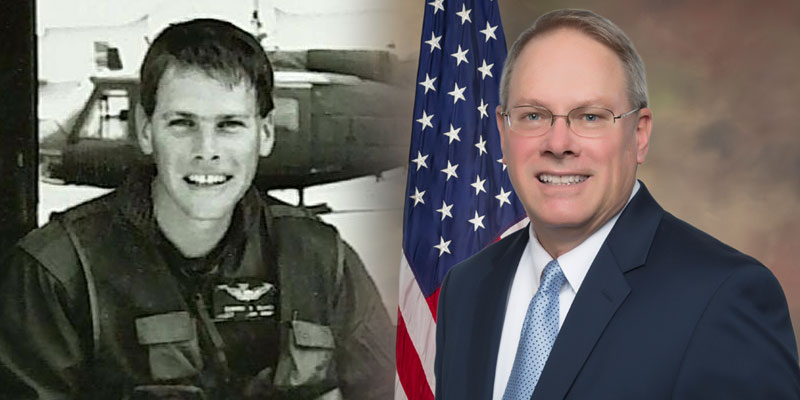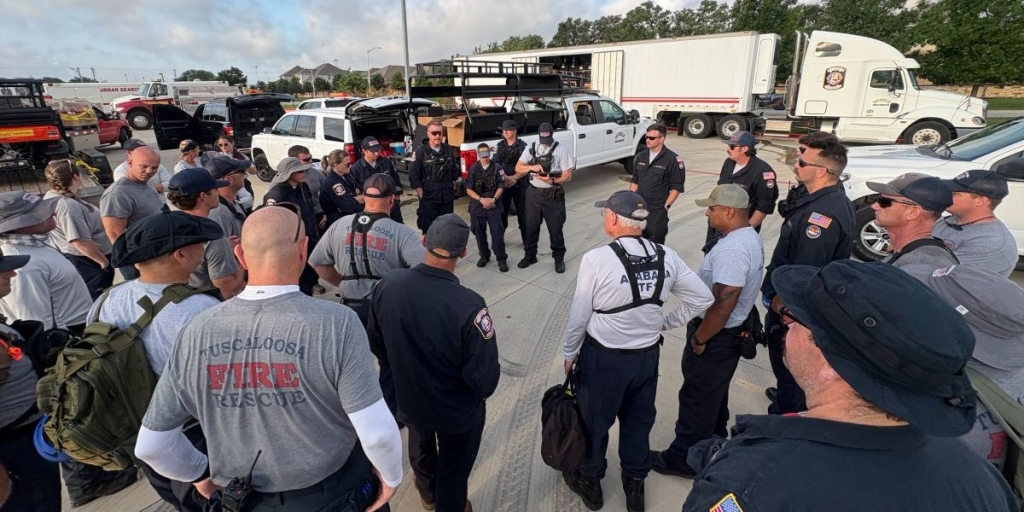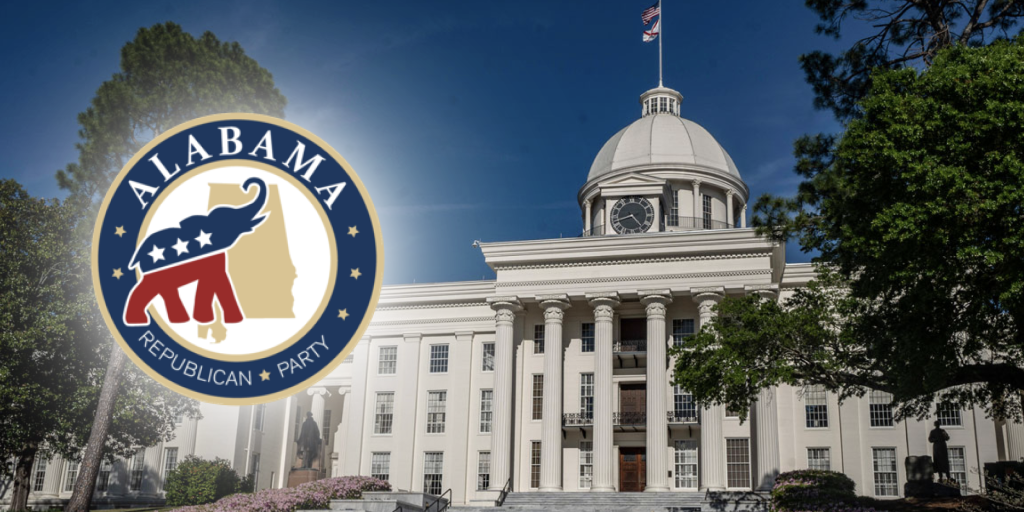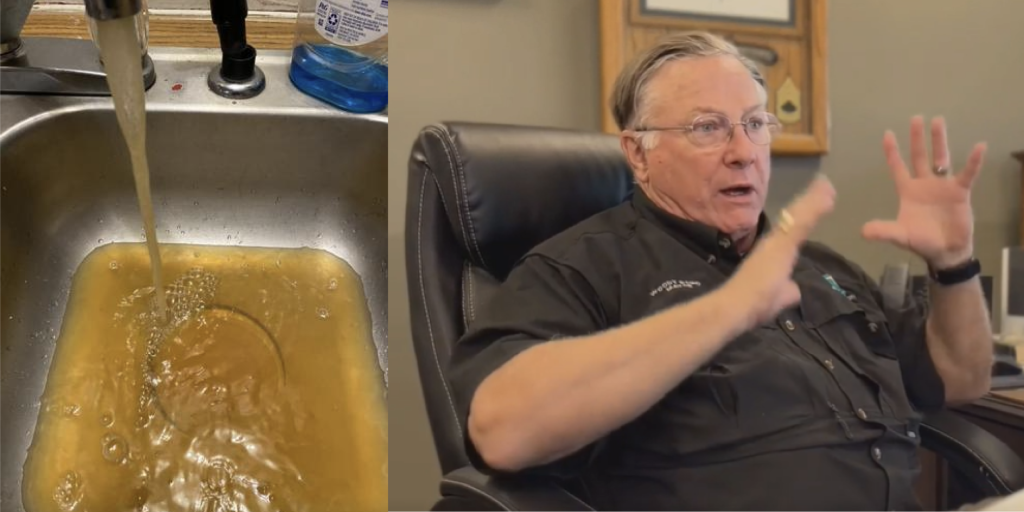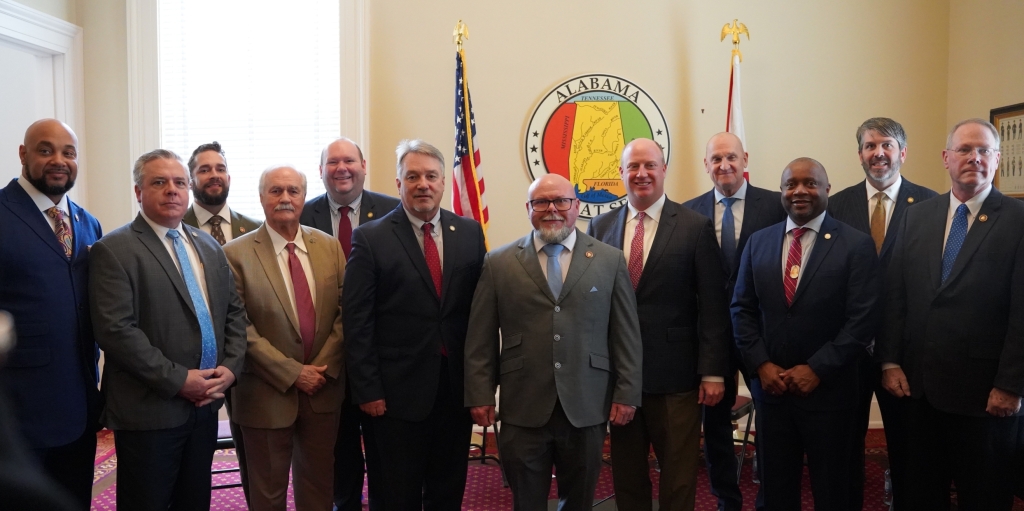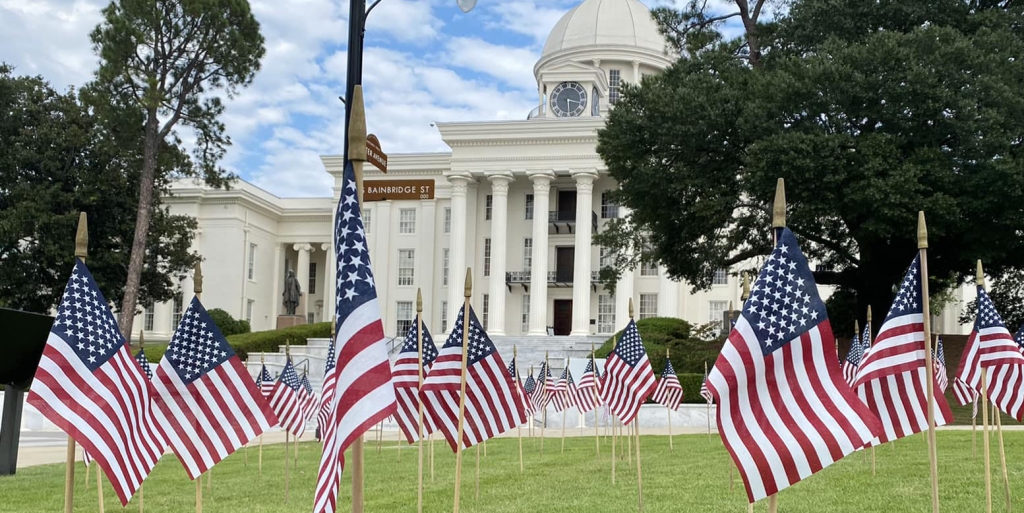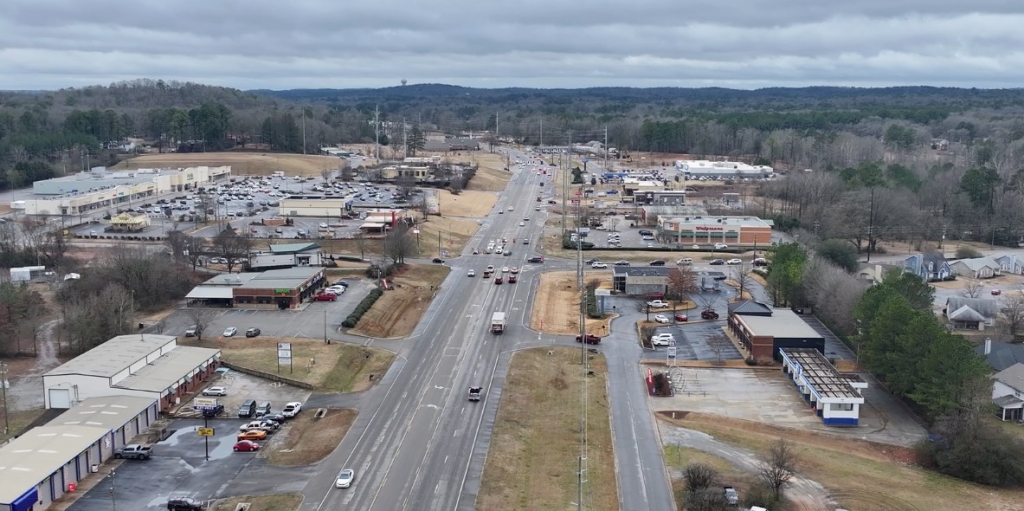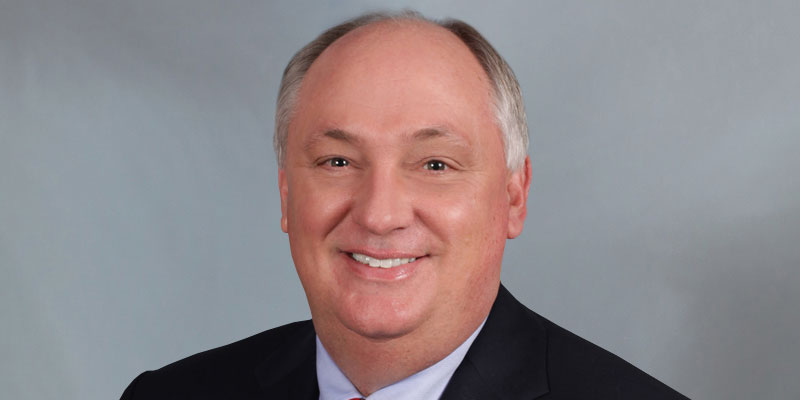First-term State Rep. Ed Oliver (R-Dadeville), a retired air ambulance helicopter pilot and Army aviator, is not shying away from voting for the Rebuild Alabama Act, emphasizing, “I used to be in a line of work where the result of making a mistake would be a fiery death, so I’m not intimidated by Facebook.”
In an in-depth interview with The Alexander City Outlook, Oliver advised that his vote was fully informed – being made after scrutinizing research – and he ultimately felt it was in the best interests of his constituents and the state of Alabama.
“I’ve gotten a lot of blowback from people who don’t understand the facts surrounding the situation,” he said. “It would have been easy to save my political skin, but a show of cowardice would not have served my constituents. It would have been easy to vote no and get a lot of hearts and likes on Facebook, but I wasn’t going to do that.”
He explained that the increased ALDOT accountability, oversight and transparency in the Rebuild Alabama package was absolutely critical to him voting “yes.”
“[State Rep.] Bill Poole [R-Tuscaloosa] gets an A-plus and (Sen.) Clyde Chambliss (R-Prattville) wrote the oversight piece of this in the Senate,” Oliver outlined. “I would have been very reluctant to support the bill without that. It will track the money from collection to the road and it can’t be co-mingled with any other money.”
In fact, Oliver was very cautious about supporting the legislation until he saw and studied the final product, but the facts and thoroughness of the bills ultimately bore out.
“Initially I was not committed to the governor,” he said. “I thought the counties, the rural areas, would not get a fair shake and I was holding out for that.”
However, Poole crafted the legislation to ensure rural areas like Oliver’s Tallapoosa County would get an equitable portion of the revenue.
“He did an excellent job of making sure of having the rural people all in,” Oliver explained. “To give it teeth and motivate you, we will get a 43-percent increase in Tallapoosa County. No more than 50 percent of it can go to a bond so it’s more like pay as you go.”
While he is proud of his vote and thinks the facts are straightforward, he emphasized that this was not an easy issue by any stretch.
“This is a tough legislative quadrennium and I am proud to be a part of a legislature that is moving the state forward,” Oliver said. “I’m 62 years old and all I’ve heard for years is, ‘They’re a bunch of crooks and they’re lining their pockets.’ I have four children and six cars — I’m the last person who wants to pay more for gas, and the state doesn’t reimburse me for driving around in my district.”
He added, “Business leaders in this state have been asking for a long time why they should be willing to invest in this state and expand their businesses when we weren’t willing to improve infrastructure. We should be willing to step up. For our children and grandchildren, this is huge. I’m asking people to look a little beyond their front porch.”
“Previous legislatures have kicked the can down the road but now we have a legislature and a governor willing to step up and do what has to be done. I’m sorry it’s going to cost money, but not doing anything would cost us more,” Oliver said.
The freshman lawmaker also advised that the Alabama legislature does want to help those citizens who will be impacted most by the slightly higher cost of gasoline, perhaps by eliminating the state sales tax on groceries.
“I can almost guarantee we will go back in the regular session and revisit people who would be the hardest hit by the gas tax and that includes looking at the grocery tax,” he told The Alexander City Outlook.
Additionally, Oliver reportedly wants to cut back earmarking in a big way.
“We earmark 93 percent of our monies [in the state budget]. Most folks who study state governments will tell you 25 percent for earmarks is optimal,” Oliver outlined. “The legislature meets annually and the department heads are supposed to come in and make their case for funding, and the legislature has to produce a budget. That’s the way it should be. For agencies to automatically get a certain percentage of the budget is not responsible and this is the legislature to tackle that.”
After being signed into law Tuesday by Governor Kay Ivey, the initial, six-cent phase-in of the fuel tax increase will take effect on September 1.
Sean Ross is a staff writer for Yellowhammer News. You can follow him on Twitter @sean_yhn




